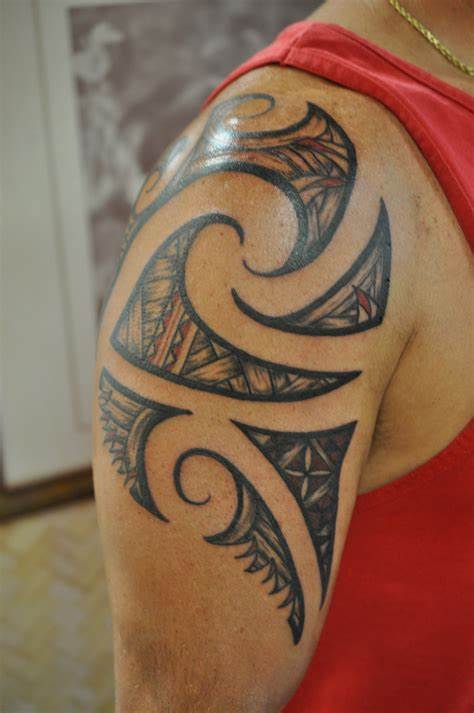
Until recently, people with visible Tattoos often found it hard to secure employment due to preconceptions about rebelliousness or gang membership attached to their body art. Tattoo policies have gradually become more accommodating; however, tattoos still pose an ongoing debate in some industries. Here are a few considerations when thinking about how Tattoos may impact job prospects:
It’s Your Choice
Even though visible tattoos are becoming more prevalent, some jobs still enforce strict policies against them – typically occupations requiring high levels of professionalism, like healthcare and law enforcement. Tattoos are an asset when applying for jobs in other industries. Artists or creative workers could benefit from having tattoos as a selling point; unique Tattoos could even add an extra level of attraction to potential job candidates. At the core, a company’s decision about tattoos should reflect its moral values and desired public image. Your application should be considered if you possess the qualifications, skills, and abilities for the position, regardless of body art. Furthermore, employers have no right to discriminate based on appearance.
It’s Not Legal to Discriminate
Tattoos and piercings typically do not qualify as protected classes under federal or state employment discrimination laws, meaning employers can establish and enforce appearance policies on the job as long as these are applied without discrimination – for instance, requiring police officers to cover their tattoos would likely create the perception they are more risk-taking or less trustworthy than they are. But as the job market tightens, some companies are changing workplace and hiring policies established over decades. Many retirement communities now permit employees to show visible tattoos if they can be covered up, and creative fields are usually more accepting of dress and body art than conservative industries. It is essential to consider what content a visible tattoo contains before getting it inked, as vulgar, aggressive, overtly offensive, graphic, or offensive images might not be appropriate in healthcare positions where workers interact directly with patients.
It’s a Personal Decision
Though tattoos are becoming more widely accepted in the workplace, some industries still view them with suspicion – particularly those that involve direct customer contact where an employer might fear that visible tattoos might alienate customers or affect employee performance. Nursing and healthcare workers, such as nurses and healthcare providers, must present themselves acceptably. Furthermore, they frequently interact with patients whose religious beliefs prohibit body art. Some healthcare institutions may overlook a nurse who sports tattoos all along her arms; others may not. Law enforcement, firefighting, and security positions tend to be less accepting of tattooed candidates due to their safety-first nature and professional appearance requirements. While police officers with tattoos will typically not face difficulties getting hired, security guards or lifeguards could face problems finding employment due to their body art.
It’s Not a Legal Issue
Tattoo policies vary among employers, while some have strict policies in place for new generations of employees. This trend has been driven primarily by the COVID-19 pandemic and an influx of millennials seeking employment opportunities. Company policies on visible tattoos must reflect its core values. For instance, an organization that values creativity may view employees with tattoos who demonstrate this trait as assets for its business. However, companies should exercise extreme caution in prohibiting tattoos based on protected categories like gender, race, and national origin. If an appearance policy discriminates against one or more groups, they could be sued under Title VII. In general, company policies regarding visible tattoos should be reviewed regularly to ensure they still align with their mission statement; consult your employee handbook for guidelines on what types of tattoos are acceptable in the workplace.

